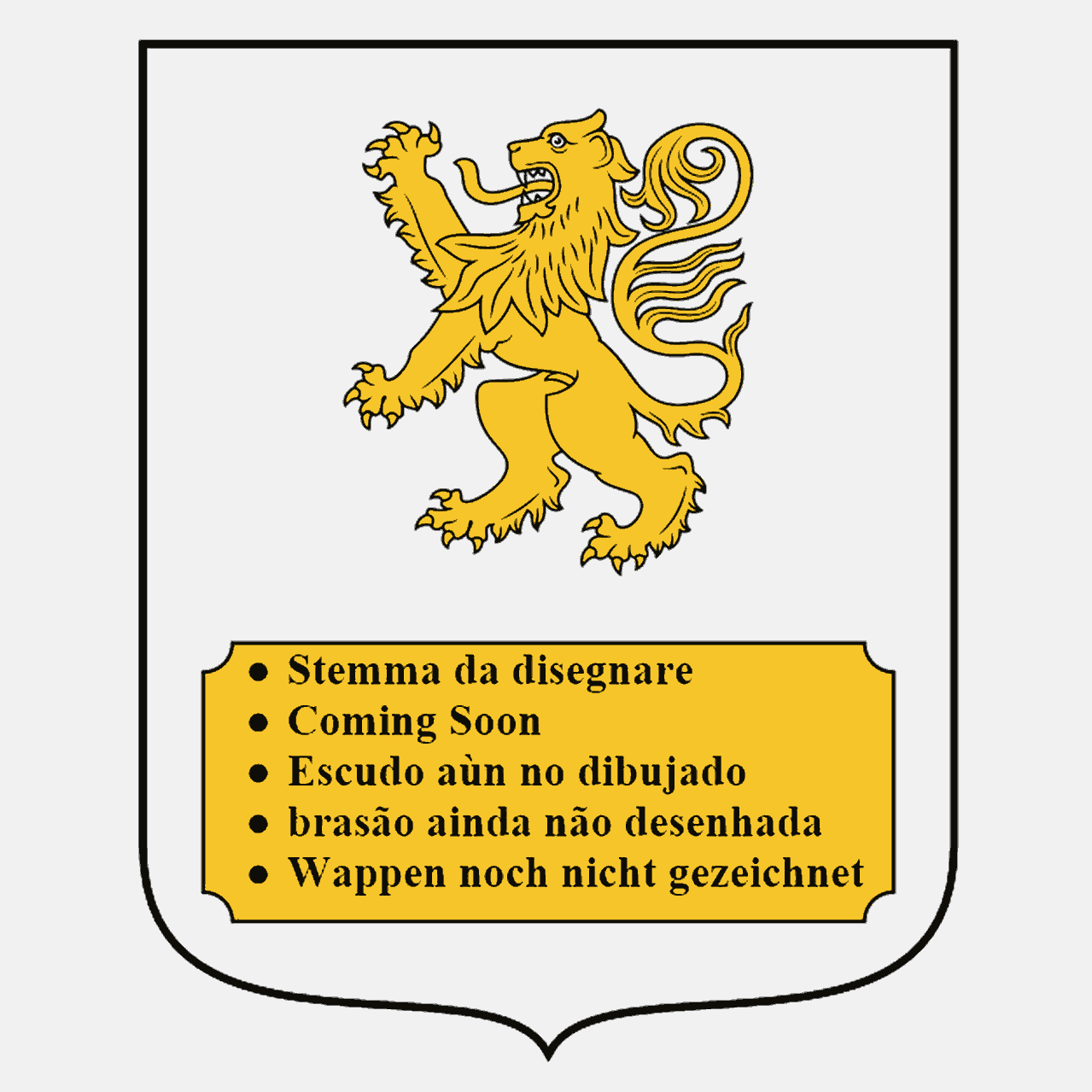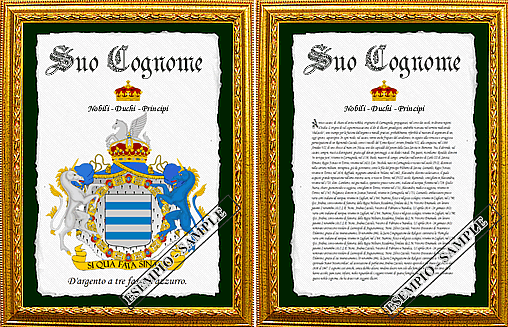Notice:
A Heraldic Traces is a dossier prepared by an artificial intelligence program useful as a starting point for researchers and passionate heraldists. The presence of a Heraldic Traces indicates that there is information to draft a heraldic document after carrying out a professional thorough search.
You may be interested
Cato is typical of the Tyrrhenian coast of Campania, Catoni is present in Tuscany with a large nucleus in Rome, they should derive from the Latin cognomen Cato (Catonis), we remember the famous Cato the Censor of Ciceroniana memory in the Cato Maior de senectute. additions provided by Fabio Paolucci The surname Catone is typical of Campania, where it is widespread with greater intensity especially in the Neapolitan area. From the etymological point of view, Cato derives from the surname of the personal name Catone, returned to the fore in late medieval times thanks to the literature and the rediscovery of the figure of Cato the Uticense, the first character encountered in Purgatory by Dante and Virgil in the Divine Commadia. Cato originates from the Latin adjective catus, with the meaning of perceptive, of acute intelligence, which later became a nickname, hence cognomen, in the form Cato. This was the cognomen of Marco Porcio Catone, called the Elder or the Censor, who was born in Tusculum in 234 a. C. from a plebeian family of farmers and became a prominent politician assuming the censorship under Valerio Flacco in 184, after having obviously faced a respectable cursus honorum. Cato the Censor is known to scholars and historians for his struggle against the luxury and corruption of traditional customs and for coining the expression Delenda Chartago (Ceterum censeo Carthaginem esse delendam), because he is deeply convinced of the need to destroy Carthage. Cato the Censor great-grandson was Dante's Marco Porcio Catone Uticense, who lived between 95 and 46 BC, a Roman politician who supported the Republican ideal and the power of the Senate, who sided with Pompey against Caesar and committed suicide in Utica in 46 a. C. after the defeat of Tapso. The name Cato celebrates the name-day on November 1st, although no San Catone appears in the Roman Martyrology. Moreover, it is conceivable, due to the etymology of the Latin term cato, a possible derivation from the northern Osco or from the Etruscan language.
Buy a heraldic document with your coat of arms
It is possible to do a preliminary research in our archive. About 100,000 heraldic traces, origins of surnames, coat of arms and blazons are available free of charge. Just write the desired last name in the form below and press enter.
Verba Volant, Scripta Manent
